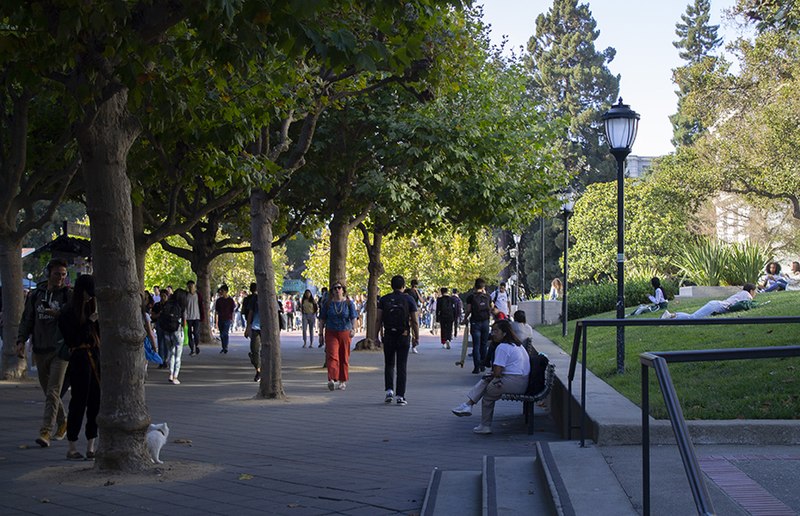- 14 3402-5578
- Rua Hygino Muzy Filho, 737, MARÍLIA - SP
- contato@latinoobservatory.org
 Fonte: https://github.com/dailycal-projects/dailycalprojects/blob/e6b652eb5d49c8f22feefd87f5eb66cc7a633249/src/images/diversity.png (via http://projects.dailycal.org/2020/aff-action/)
Fonte: https://github.com/dailycal-projects/dailycalprojects/blob/e6b652eb5d49c8f22feefd87f5eb66cc7a633249/src/images/diversity.png (via http://projects.dailycal.org/2020/aff-action/)
The state of California is known for drafting accessibility policies in higher education for students who do not yet have legal immigration status. The measures primarily aim to reduce college costs for those students; however, a new study reveals that only a small percentage had access to the benefit.
A report published on Wednesday (1) found that only 14% of undocumented college students received state financial aid in the 2021-2022 school year, presenting serious financial challenges to obtaining a higher education degree, according to NBC News.
“The call to expand and secure college access and affordability for undocumented scholars in California is at a critical juncture”, Marlene Garcia, executive director of the California Student Aid Commission, which issued the report titled “Renewing the Dream”, said in a statement. CSAC is a state agency that administers financial aid programs and serves as a resource on the topic.
“As the state with the largest undocumented student population in the nation, California has led the country in immigrant-inclusive education policy through groundbreaking policies and programs”, Garcia said. “Despite these important strides, California’s undocumented student population still faces steep challenges”.
Some members such as the California Assembly Bill 540 (AB 540) and the California Dream Act Application (CADAA) give undocumented students access to tuition and aid in the state, since federal financial aid is not applicable to those without legal immigration status, most of whom come from low-income families. CADAA is used to determine financial aid eligibility for undocumented students and is a counterpart to the Free Application for Federal Student Aid (FAFSA).
“CSAC found that 55% of CADAA applicants had a $0 expected family contribution based on family income — compared to 40% of those filing FAFSA applications in California to access financial aid.
Yet over half — 53% — of 94,030 undocumented students in postsecondary education didn't fill out the CADAA in 2021-2022”, according to NBC News.
Undocumented students still face challenges, the report said, when it comes to accessing information, navigating enrollment processes, using campus resources and support, receiving financial help, and being able to pay for college. In this way, few sign up to receive the aid.
“The report found that among students without legal immigration status who do fill out a CADAA, only 30 percent ultimately enroll in a higher education institution and receive state financial aid, according to 2021–22 CSAC data”, NBC reports.
To imply and streamline CADAA, there are several recommendations issued by the report, such as adding visuals and reviewing the language in the sign-up forms to make it clearer.
Another obstacle encountered by young people, according to the study, is the need for a work permit for undocumented students to obtain the experience considered relevant to their intended field of study, discouraging them from seeking higher education. Thus, the study recommends the creation of more work permit programs for students, as well as more scholarships and learning opportunities.
“California Assembly member Mike Fong, a
Democrat and chair of the California Assembly Higher Education Committee,
recently introduced four student-centered bills, among them AB 1540, which aims
to include the AB 540 affidavit to access in-state tuition in the CADAA to apply
for financial aid— one of CSAC’s recommendations to simplify the process”,
according to the same publication.











